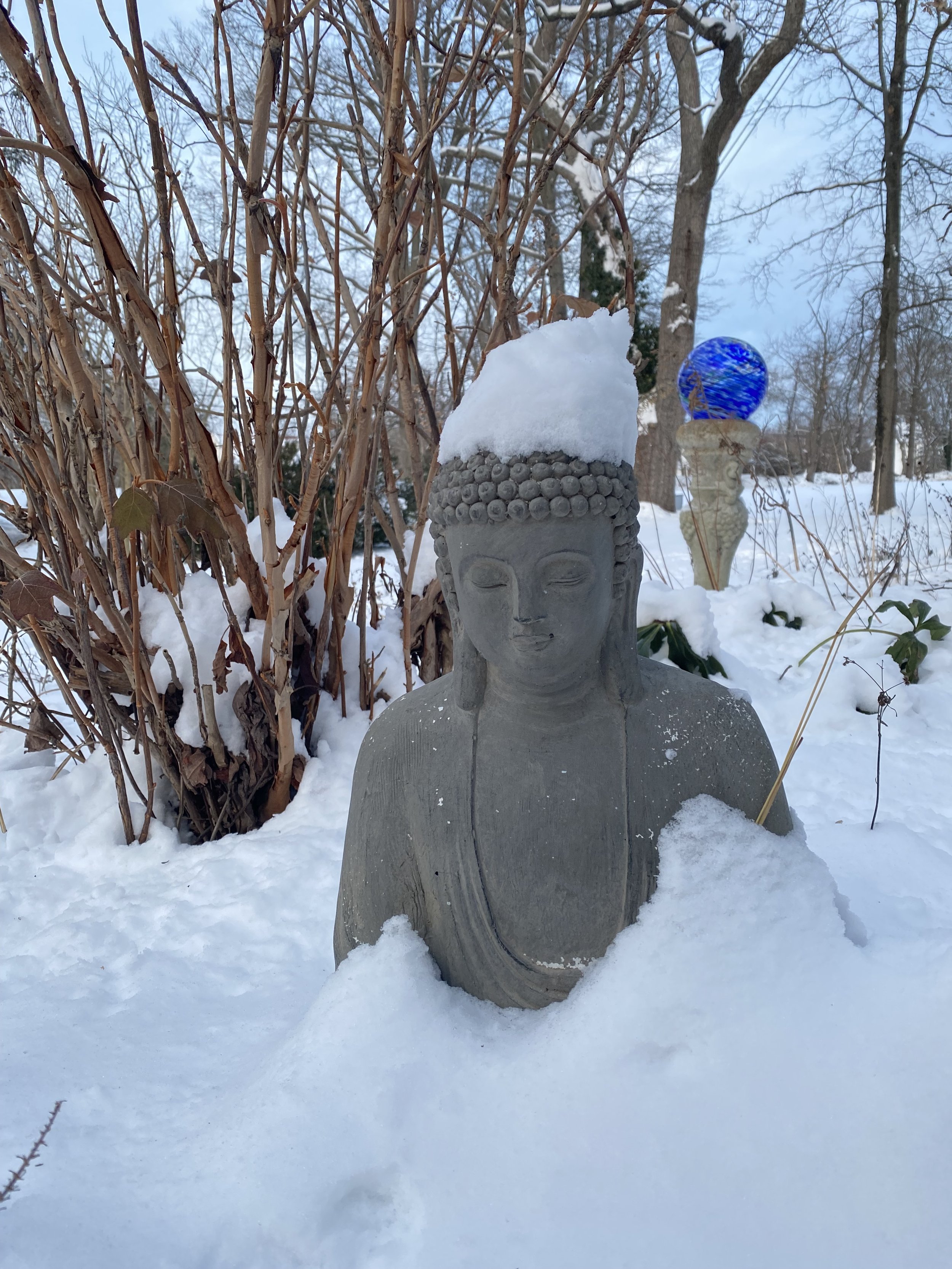DANA
is a Pali word that means “generosity of the heart.”
For thousands of years, Buddhist teachers have been relying on dana donations to support their ability to offer the dharma to students outside of the constraints of transactionality. The Buddha’s original monastic sangha relied totally on donations of food, funds, and hospitality from their community for their livelihood… a tradition that lives on in many monastic communities around the world to this day.
Most modern vipassana teachers continue offer retreats and classes on a dana basis, in accordance with this tradition. This means that any flat-rate fees paid for retreats or workshops often go towards management, facility, food, and other overhead expenses, and the teacher is not receiving any guaranteed payment for their energy, time, or teaching expenditure.
By giving dana to a teacher, you are all at once directly supporting their livelihood, engaging in a living millenias-old tradition, and opting out of many of the problematic aspects of modern capitalism.
In Buddhist philosophy, offering dana is considered a deep spiritual practice for the giver and receiver alike. The student is encouraged to use dana as an opportunity to cultivate and express the heart-energy of authentic generosity. The teacher uses receiving dana as an opportunity to practice authentic gratitude and humility.
Traditionally, dana is offered at the end of a retreat or class, or as an ongoing regular contribution throughout the year.
Some invitations for offering dana:
Dana shouldn’t hurt. Give an amount that gladdens and lightens the heart. Not too much, and not too little.
Before giving dana, take a moment to reflect on the value of the teachings/practices you have received, and the significance of the dana practice of the teacher.
For those of limited financial means, dana can take forms other than money: service, volunteership, kind speech, etc.
